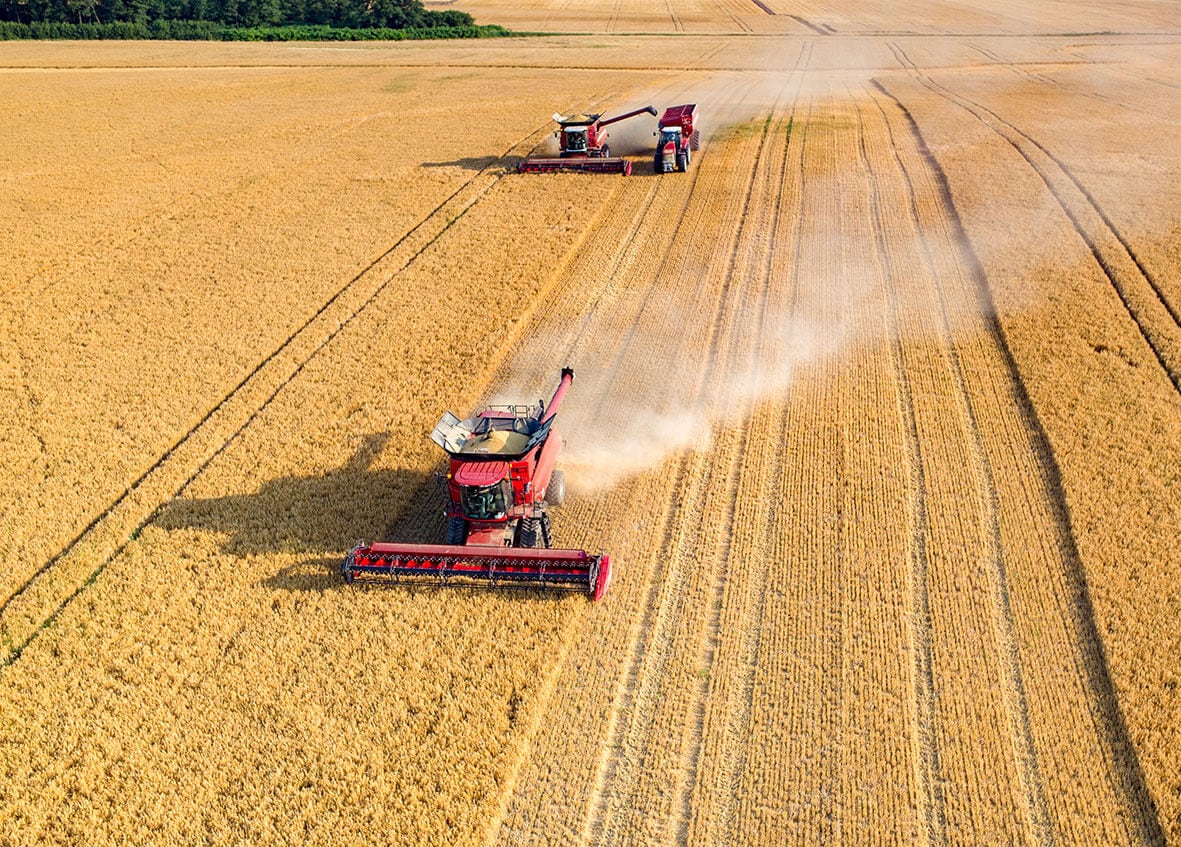Overview
Tull is known for its compact plant type, medium-short height, good harvestability, and excellent stripe rust resistance, making it a promising option for farmers in the South East Zone.
Developed through a strategic breeding process involving the crossbreeding of EGA Wedgetail and a New Zealand breeding line, Tull has undergone extensive testing and is well-suited for main-season planting in Southwest NSW.
This report summarizes the trial data, highlighting Tull’s benefits, breeding background, and plant characteristics, providing farmers with essential information for making informed decisions regarding their wheat cultivation strategies.
Breeding and Development
Tull Milling Wheat is a result of crossing the popular southern NSW line EGA Wedgetail with a New Zealand breeding line. Selected under high foliar disease pressure, Tull has undergone extensive testing throughout the south eastern wheat belt. The breeding process aimed to develop a variety with desirable traits such as high yield, compact plant type, and excellent stripe rust resistance.
Plant Characteristics and Suitability
Tull exhibits a compact plant and head type, demonstrating good early vigour and moderate tillering. From early booting, it develops a glaucous leaf appearance. With a maturity level falling between Suntop and LRPB Spitfire, Tull is ideally suited for main-season planting from May to early June. Its classification as Australian Prime Hard (APH) wheat in the South East Zone makes it a strong choice for farming systems in Southwest NSW.
Tull’s short plant height, high yield potential, and robust rust resistance package contribute to its suitability for the region. These characteristics, combined with good harvestability, make Tull Milling Wheat an attractive option for farmers seeking a reliable and productive variety.
Summary
The trial data highlights the benefits of Tull Milling Wheat, including its high yield potential as a main-season variety, APH classification for the South East Zone, compact plant type with medium-short height, good harvestability, and excellent stripe rust resistance. Farmers in Southwest NSW can consider Tull as a valuable addition to their farming systems, offering strong performance and reliability.
